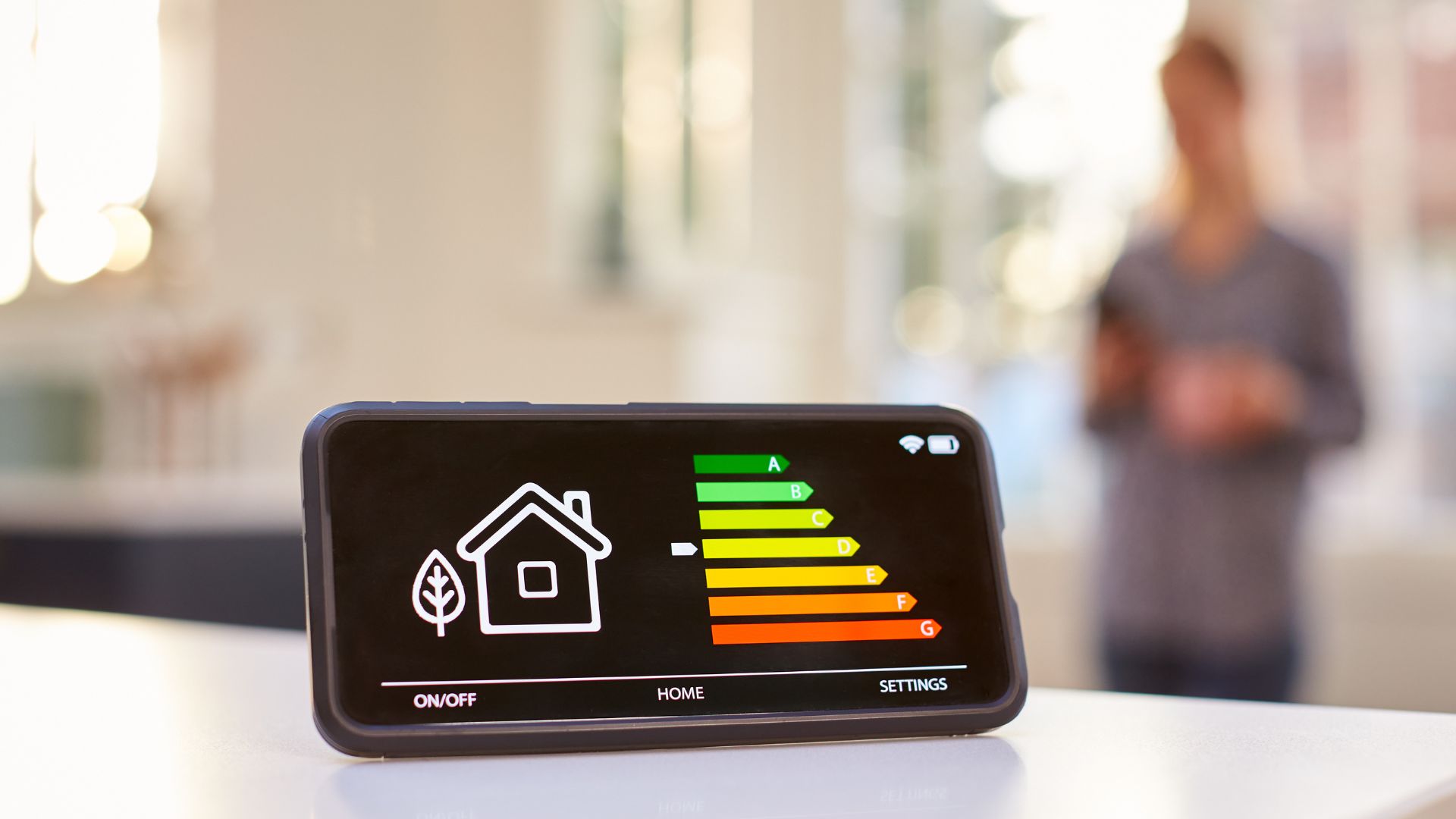As winter approaches, news about energy bills rising in October leaves many households stressed about their finances. With a little planning and some energy-saving habits, you can reduce your bills, stay warm, and even take advantage of government assistance like the Warm Home Discount 2025.
1. Review Your Energy Tariff
Many households remain on outdated energy plans that cost more than newer options. Compare tariffs using energy comparison websites or government-approved tools to find the best deal. Fixed-rate tariffs can also help avoid sudden spikes during peak winter months.
2. Take Advantage of Government Schemes
The Warm Home Discount 2025 helps low-income households reduce their energy bills. Millions across Great Britain, including families and pensioners, could qualify. Check eligibility early via gov.uk to secure your discount before funds run out.
3. Insulate and Seal Your Home
A well-insulated home holds onto heat better, meaning you spend less money keeping it warm. Draughts from windows, poorly sealed doors and gaps around chimneys can let valuable heat escape, making your boiler work harder than it needs to.
The good news? Many solutions are simple and inexpensive:
- Draught excluders – A classic fix for gaps under doors. You can buy them ready-made or even make a DIY version.
- Thermal curtains – Thick, lined curtains help trap heat inside rooms, especially at night.
- Weather stripping and caulking – Perfect for sealing those small but costly gaps around windows, doors and skirting boards.
For bigger savings, consider loft insulation, cavity wall insulation, or even insulating your hot water tank. These upgrades might cost more upfront, but can significantly cut bills over the long term.
According to the Energy Saving Trust, sealing draughts and improving insulation are some of the most effective ways to stay warmer without cranking up the thermostat. Little fixes mean more comfort now and lower bills later.
4. Optimise Heating Usage
Heating is often the biggest contributor to energy bills, but with a few smart changes, you can stay cosy while saving money.
- Heat only the rooms you use – Close doors and turn down radiators in rooms that aren’t in daily use, like spare bedrooms. This way, you’re not paying to warm empty spaces.
- Lower your thermostat slightly – Reducing the temperature by just 1–2°C can cut heating costs by up to 10%, without making a noticeable difference to your comfort.
- Use timers or smart thermostats – Set your heating to come on only when you need it, like in the morning or evening. Smart thermostats go a step further by learning your routine and adjusting automatically, so you’re never wasting energy.
- Don’t block the heat – Keep radiators clear of furniture and curtains to let warmth circulate more effectively around the room.
- Layer up and insulate – Simple habits, like wearing a jumper indoors or using draught excluders, reduce the need to keep the heating on high for long periods.
Together, these small adjustments can make your home warmer, your heating more efficient and your bills lighter.
5. Use Energy-Efficient Appliances and Habits
Making small swaps and tweaks at home can really cut down your energy use, and your bills. Switching to LED lighting is a simple win; they last longer and use up to 80% less energy than traditional bulbs.
When it comes to appliances, look for those with a good energy efficiency rating. Fridges, washing machines and dishwashers can be some of the biggest energy guzzlers, so choosing efficient models pays off in the long run.
Don’t forget about everyday habits too. Turning devices off completely instead of leaving them on standby can save a surprising amount over the year. Wash clothes at 30°C or colder, pop lids on pans to speed up cooking and try shorter showers to use less hot water.
Even small changes like only filling the kettle with the water you need, or air-drying clothes instead of using the tumble dryer can add up to noticeable savings. It’s all about stacking those little habits to make a big difference.
6. Monitor Usage with a Smart Meter
Smart meters provide real-time data on your energy consumption, helping you spot where energy is being wasted and make small changes that add up. For example, you can see how much energy that extra load of washing or leaving lights on is really costing you.
Many energy providers also have handy apps that work with smart meters, giving you personalised saving tips, daily or weekly usage breakdowns, and even alerts when your energy use suddenly spikes.
By tracking your habits, you can take control of your bills, avoid surprises and make your home more energy-efficient without the guesswork.
7. Plan for Winter Bills
Budget ahead for winter costs. Setting aside a small amount each month or using a payment plan with your energy provider can prevent high December or January bills.
Gas and electricity bills are known as priority bills. Therefore, if you are struggling to pay these bills, there can be more serious consequences. If you are struggling to pay or have fallen behind with payments, you should seek debt advice straight away.
Use our online debt advice tool to find out your options. It takes less than 15 minutes to fill in your details and you’ll be given a personalised recommendation on the screen instantly.


